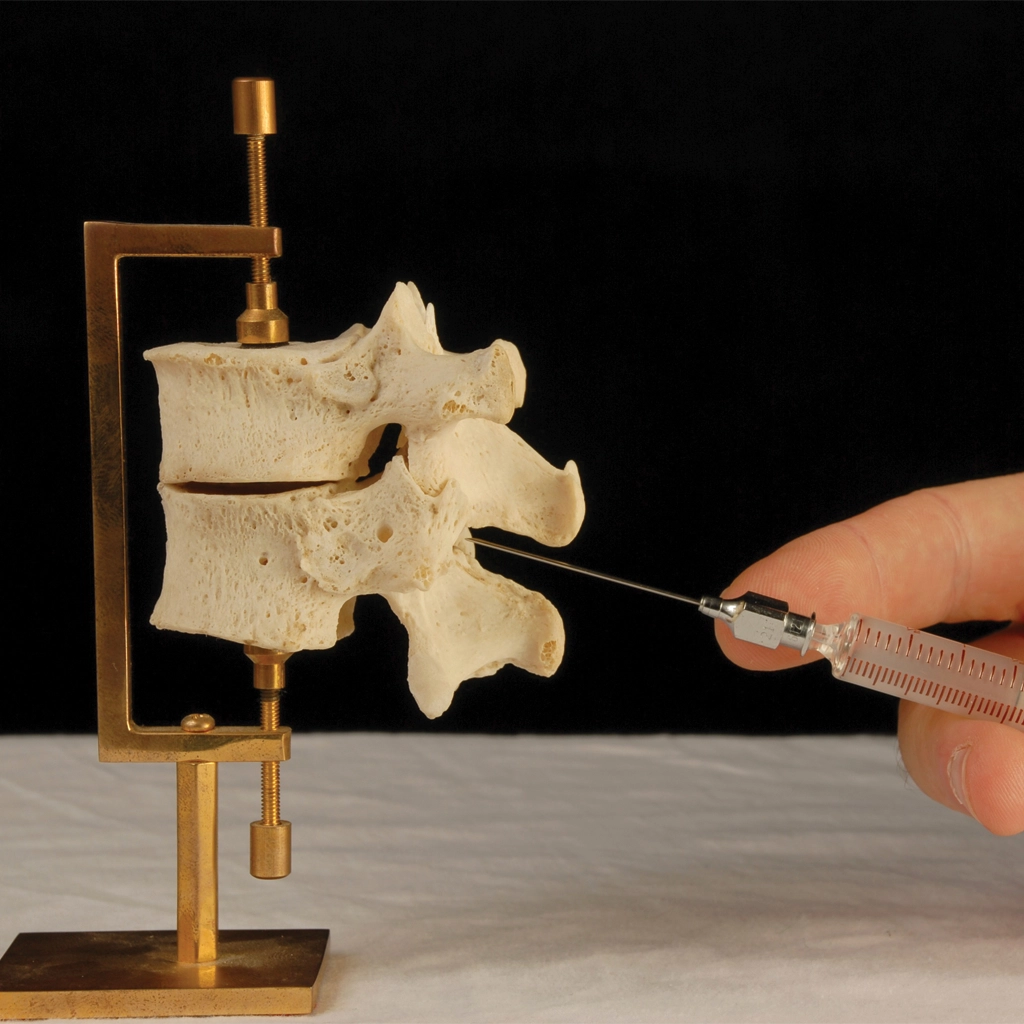What is Regenerative Injection Therapy?
Regenerative injection therapy at Alate Health includes several different approaches to treating pain: Platelet-rich plasma (PRP), newborn growth factor, and exosome cell-containing regimens. Using materials harvested from your own body, or processed from sources like umbilical cord blood, the injection of each of these substances can trigger the body’s natural healing processes by attracting growth factors and other healing components to the site of injury. They are safe and well-tolerated by a wide range of patients.
With PRP, a small amount of the patient’s own blood is extracted and then concentrated using a centrifuge so that a high number of platelets are available for the injection. They are injected under imaging guidance into the affected area where the platelets are activated and release growth factors that affect tissue repair.
With autologous stem cell therapy, stem cells are harvested from your own body (usually from bone marrow or fat tissue) and then processed to isolate, purify and grow the cells as “stem cells.” Unfortunately, these cells “senesce” or become your chronological age immediately after injection. An alternative, newborn growth factors, are unique in that they have true characteristics of the cells they are treating, such as the cells in a muscle or nerve. Because of this, they are now used to replace damaged cells or supplement a deficient function in the body.
Exosomes are released by cells in the blood, urine and saliva. They are purified and isolated under very specific conditions. After they are injected under imaging guidance, they work by acting as natural messengers that transfer their contents to damaged cells to trigger specific responses.
The effects of these treatments are not felt immediately, but over time they can alleviate pain and inflammation, as well as restore function.

